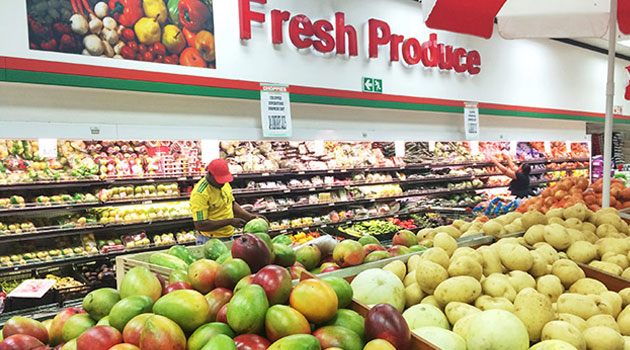NAIROBI, Kenya, Feb 22 -The Consumers Federation of Kenya (COFEK) is pushing for the approval of an urgent supplementary budget which will be applied on zero-rating key foodstuffs amid growing public outcry over rising food prices in the country.
Kenyans over the past few days have protested the rise in the cost of food, healthcare, farm inputs, transport, electricity, fuel, credit, and even the cost of doing business.
“COFEK recommends the approval of an urgent supplementary budget to be applied in zero-rating key foodstuffs, farm inputs removal of VAT on fuel, and a general review of all tax measures in place and which continue to choke the economy,” a statement issued read.
The lobby acknowledged the rising cost of living noting that unemployment and a sense of national hopelessness have persisted and been worsened by the Covid-19 pandemic.
“A country that is weighed down by a huge national debt with nearly 7 in every 10 Kenyans defaulting on Safaricom’s credit facility, Fuliza is bad news. Yet, we are headed into an uncertain and highly competitive presidential election that could go either way,” it decried.
The federation also wants the government to freeze any plans to undertake road tolls even with the ongoing construction of the Nairobi Expressway whose pricing model will require every driver using the road to pay a fee between Sh100 and Sh 1,550 depending on the size of the car and distance traveled.
“The Kenya government must aggressively seek debt interest holidays and have all the short-term and commercial public debts restructured into long-term facilities,” COFEK added.
Kenya’s gross public debt rose by Shs925bn in 2021 from Shs 7,281.8 billion in December 2020 to Shs 8,206.7 billion.
The National Treasury has attributed the rise in debt to external loan disbursements and increased uptake of domestic debt which comprised 50.9 and 49.1 percent respectively.
COFEK is also against the proposed increment of the National Hospital Insurance Fund (NHIF) premiums
The NHIF recently proposed new regulations that will see workers earning more than Sh100,000 pay 1.7 percent of their gross salary to the fund.
